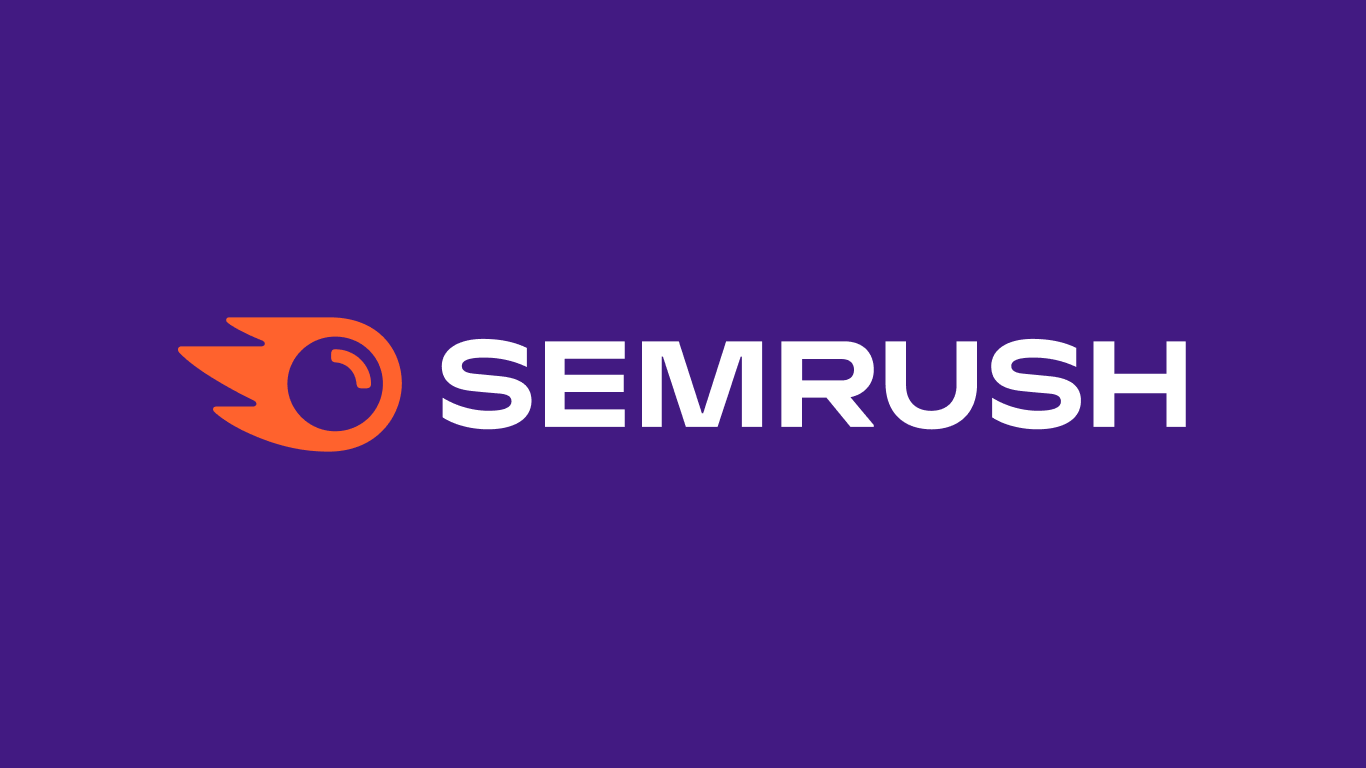Introduction
In the dynamic world of digital marketing and search engine optimization (SEO), having the right tools at your disposal can make all the difference in your quest for online success. SEMrush is one such tool that has garnered a reputation as a powerhouse in the realm of SEO and digital marketing. In this comprehensive guide, we will delve into the intricacies of SEMrush, exploring its features, benefits, and how it can be a game-changer for businesses and digital marketers alike.
Chapter 1: The Genesis of SEMrush
SEM, which stands for Search Engine Marketing, and "rush" signifying the speed at which it operates, SEMrush was founded in 2008 by Dmitry Melnikov and Oleg Shchegolev. The platform was initially designed as a keyword research tool but quickly evolved into an all-encompassing suite for SEO, content marketing, advertising, and competitive analysis.
Chapter 2: The Multifaceted Features of SEMrush
SEMrush boasts an extensive toolkit that caters to various aspects of digital marketing and SEO:
Keyword Research: SEMrush's Keyword Magic Tool is a favorite among SEO professionals, offering in-depth keyword analysis, search volume data, keyword difficulty, and more.
Competitive Analysis: Understand your competitors' strategies with features like Domain Overview, Organic Research, and Backlink Gap.
Site Audit: Conduct comprehensive site audits to identify technical SEO issues and receive actionable recommendations for improvement.
Backlink Analysis: Monitor your website's backlink profile, identify toxic backlinks, and discover new linking opportunities.
Position Tracking: Keep tabs on your keyword rankings and compare your performance to competitors.
Content Analysis: Analyze the performance of your content, identify gaps, and receive recommendations for content optimization.
PPC Advertising Toolkit: Optimize your pay-per-click (PPC) campaigns with keyword suggestions, ad copies, and competitor analysis.
Social Media Management: Manage and schedule social media posts, track social media metrics, and monitor your competitors' social media activity.
Chapter 3: SEMrush and SEO
Keyword Research and Analysis: SEMrush's robust keyword research tools allow users to identify high-value keywords, analyze competition, and discover long-tail keyword opportunities. This information is invaluable for crafting effective content strategies.
Site Audit: The site audit feature helps identify technical SEO issues, such as broken links, duplicate content, and crawlability problems. Users receive detailed reports and recommendations to improve their site's overall SEO health.
Backlink Analysis: Backlinks are a critical factor in SEO, and SEMrush's backlink analysis tools provide insights into your website's backlink profile, allowing you to identify both valuable and potentially harmful links.
Chapter 4: SEMrush in Content Marketing
Content Optimization: SEMrush offers content optimization tools that analyze your existing content and provide suggestions for improvement. This includes optimizing content for specific target keywords.
Content Marketing Platform: SEMrush's content marketing platform assists in content planning, creation, and distribution. It helps users discover trending topics, analyze competitors' content strategies, and track content performance.
Chapter 5: SEMrush for Competitive Analysis
Domain Overview: Gain a comprehensive view of any domain's performance, including organic search traffic, paid search metrics, and backlink data.
Organic Research: Analyze your competitors' organic search strategies, uncover their top-performing keywords, and identify content gaps.
Advertising Research: Explore competitors' paid advertising strategies, ad copies, and budgets. This data is invaluable for refining your own PPC campaigns.
Chapter 6: SEMrush for Advertising and PPC
Keyword Research for PPC: Discover high-converting keywords, assess their competition, and optimize your ad campaigns for maximum ROI.
Ad Builder: Create compelling ad copies that resonate with your target audience and drive clicks and conversions.
Display Advertising: Analyze competitors' display advertising strategies and find opportunities for expanding your reach.
Chapter 7: SEMrush for Social Media Management
Social Media Scheduling: Schedule and manage your social media posts across various platforms, streamlining your social media marketing efforts.
Social Media Analytics: Monitor the performance of your social media campaigns, track engagement metrics, and identify trends in your audience's behavior.
Chapter 8: SEMrush and Reporting
Customizable Reports: SEMrush allows users to create customized reports that showcase their SEO, advertising, and social media performance. These reports can be tailored for clients, stakeholders, or internal teams.
Scheduled Reporting: Set up automated reporting to receive updates on your digital marketing performance at regular intervals.
Chapter 9: The SEMrush Academy
SEMrush doesn't just provide a tool; it also offers an educational platform known as the SEMrush Academy. Here, users can access a wealth of courses, webinars, and certifications to enhance their digital marketing knowledge and skills.
Chapter 10: SEMrush Pricing and Plans
SEMrush offers a range of pricing plans tailored to different needs, from individual freelancers to large enterprises. It provides a free trial for users to explore its features before committing to a subscription.
Conclusion: The SEMrush Advantage
In a digital landscape characterized by fierce competition and ever-evolving algorithms, SEMrush stands as a reliable and versatile ally for businesses and digital marketers. Its robust suite of tools, extensive data, and continuous innovation empower users to make data-driven decisions, stay ahead of competitors, and achieve remarkable results in the realm of SEO, content marketing, advertising, and more. SEMrush has undoubtedly earned its place as a leading force in the world of digital marketing, and its utility is only expected to grow as the digital landscape continues to evolve.

